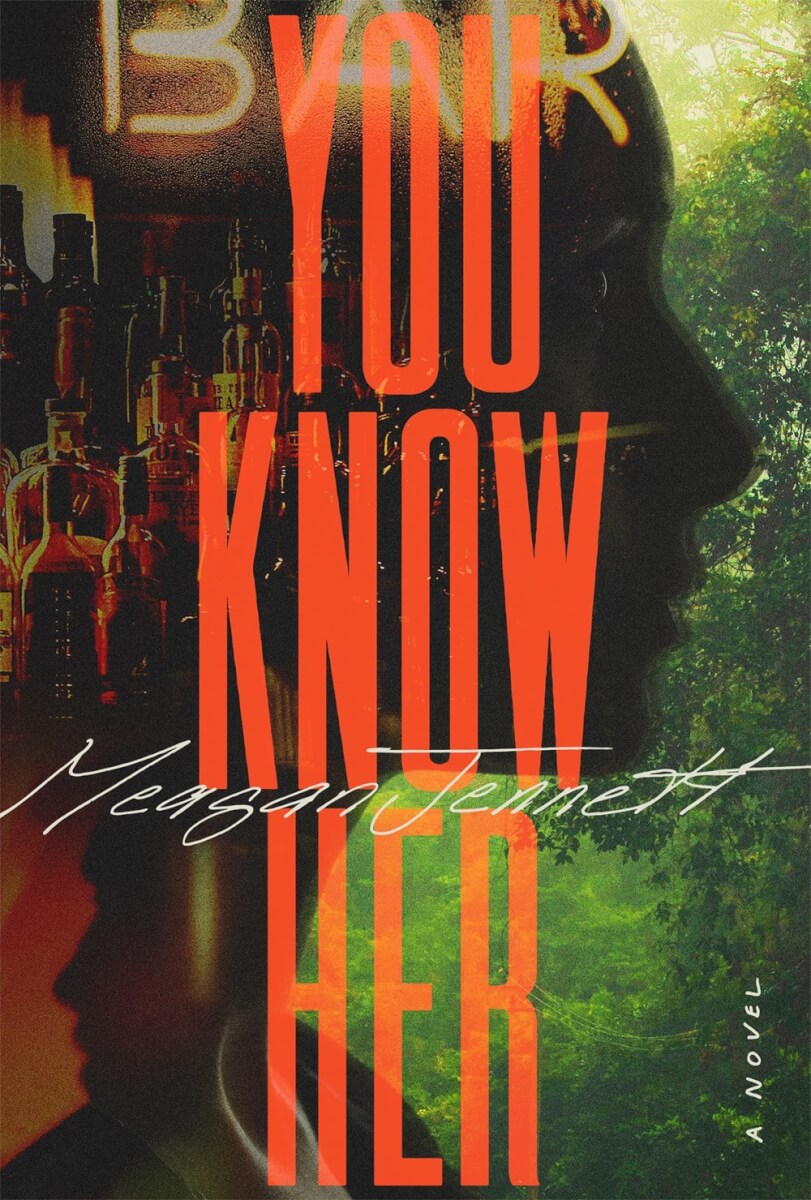Jane Harper’s debut novel, The Dry, immediately cemented her as one of mystery’s brightest stars and her thoughtful sleuth, Aaron Falk, as one of the genre’s most beloved characters. Exiles, Aaron’s third and final case, will be published on January 31, and to mark its release, we asked Harper a few questions about her bookstore bucket list and most cherished library memories.
What are your bookstore rituals? For example, where do you go first in a store?
I am entirely at the booksellers’ mercy! I’m a complete sucker for recommendations and hot bestsellers, so put whatever you want on that most prominent display table right at the front entrance—super niche, highly commercial, everything in between—and I guarantee I’ll be tempted.
Tell us about your favorite library from when you were a child.
School libraries were always a real sanctuary for me. Anytime things got a little tough, anything from heated playground politics to bad weather, the library was always somewhere quiet and peaceful to go and just get away from it all for a while.
While researching your books, has there ever been a librarian or bookseller who was especially helpful?
One of my favorite librarians is a woman called Monica who works at the lovely Albert Park Library in Melbourne, Australia. Her help has been less in the name of research and more in the name of keeping my sanity while I’m writing, because she runs the most fantastic storytime sessions for toddlers. While I’m writing, it’s really hard to get quality time with my young children, so my 3-year-old son and I will go to Monica’s session every week. I love the sessions because they create early positive memories around books and reading for my little boy, and he loves them because they’re really fun and end with some parachute games. I recently discovered Monica has a side hustle in stand-up comedy, which doesn’t surprise me at all: If she can keep the attention of 30 toddlers, she can keep the attention of anyone.
Do you have a favorite bookstore or library from literature?
The one that immediately comes to mind is the Hogwarts Library, complete with the tantalizing Restricted Section.
Do you have a “bucket list” of bookstores and libraries you’d love to visit but haven’t yet? What’s on it?
I haven’t, but that’s a great idea! I just looked up a list of the world’s most beautiful libraries and was gratified to see Melbourne’s own State Library Victoria included. I’ve been there many times, and it is indeed gorgeous.
What’s the last thing you checked out from your library or bought at your local bookstore?
Every week after library storytime, my son and I return an armful of kids’ books and replace them with a fresh stack. For my own shelf, I spontaneously borrowed a book by Australian author Wendy Harmer called Friends Like These because there was a line on the second page that caught my eye and made me laugh.
How is your own personal library organized?
I find size order quite soothing to look at. I’m not overly strict about it, but I tend to put taller books at the outer edges of the shelves, tapering down to paperbacks in the center. Library books and copies of my own novels live on their own shelves, but I still like to group them by size where possible.
Bookstore cats or bookstore dogs?
Our family has two very cute cats of our own—Zoe and Gingernut—so I’ll choose cats out of solidarity, although all pets are welcome.
What is your ideal bookstore-browsing snack?
Oh my goodness, absolutely nothing! I’m way too paranoid of smudges and spillages to snack around books I don’t own. Wait until I get them home, and then everything’s fair game.
Photo of Jane Harper by Eugene Hyland.























































